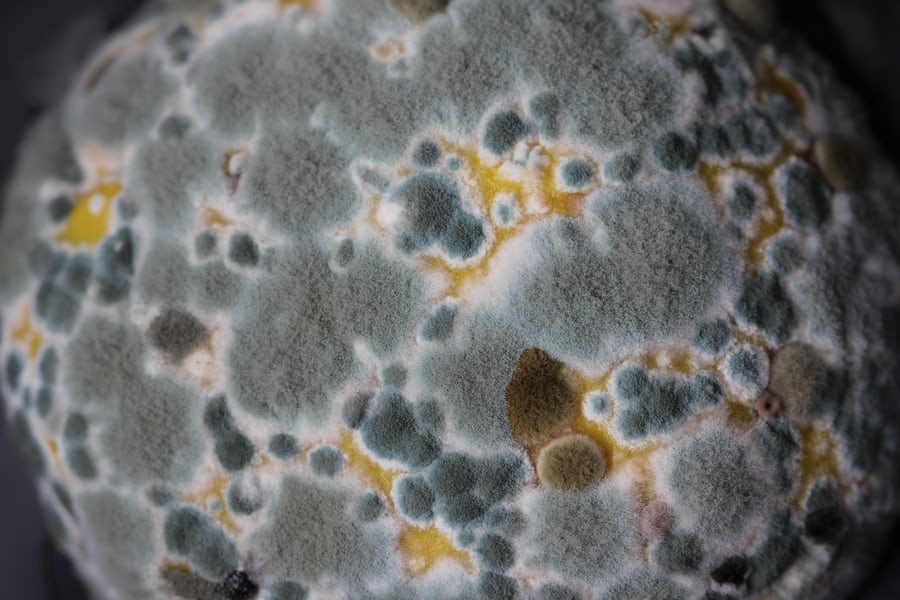Scripture: Exodus 1-2
Learning Objectives:
- Students will learn God has a plan, but sometimes bad things still happen.
- Students will learn God is working even when bad things happen.
- Students will learn sometimes things in our lives don’t make sense, because we are only one piece of a much larger plan of God’s.
- Students will learn how germs affect the cleanliness of an environment.
Guiding Question: Why is it important to remember God’s plan for life?
Materials: Slices of bread, water, soap, sandwich bags
Procedure: Review the story of Moses. Discuss Egypt in the time of Moses including how pharaohs were viewed as gods and the Israelites were slaves. Explain that Moses’ birth and life as a child was a very important event. His life story may not have made sense but was part of a big plan God had for him and others. In our lives, we often do not understand things that happen or people that are placed in our lives. We must remember that God is working a much larger plan that is in our best interest, even if bad things do happen.
Introduce the activity. Explain that Ancient Egyptians were more successful in surgery than any culture until the 20th century because even though they didn’t understand germs, they valued cleanliness. Teach students about how doctors wash hands, clean instruments and the environment of procedures they do to keep a clean and healthy environment. Have the students experiment touching homemade bread (processed takes forever to mold), touching with dirty hands, “regular” hands, washed hands and gloved hands. Then have them compare mold growth and explain the importance of cleanliness.
Additional Questions: How can students experiment with cleanliness?
Supplemental Activity: Have students cover hands in a substance such as dirt, sticky glitter, etc. Have them wash their hands for just 15 seconds, then 30 seconds, then 1 minute, reapplying the substance before each wash. Have students compare how much “germs” come off with each type of wash.

